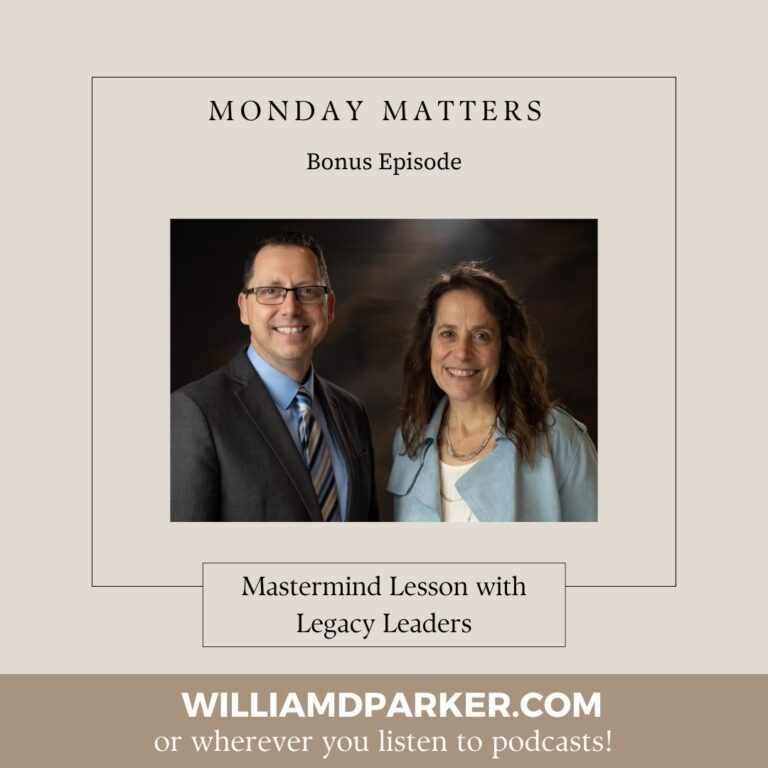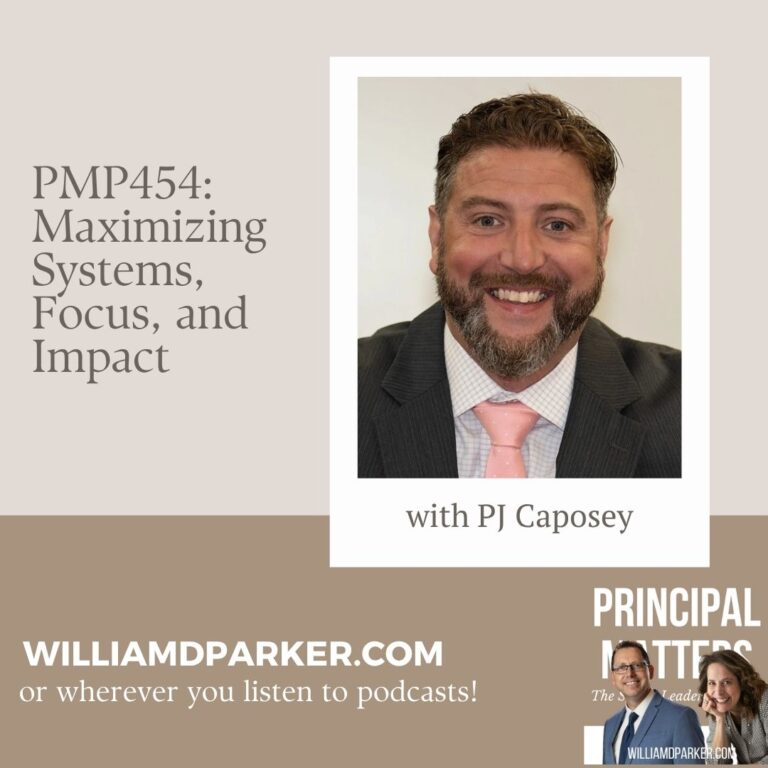Last week I had the privilege of attending NASSP’s summer advocacy conference for State Coordinators along with our state association President-Elect, Renae Dozier, from Grove, Oklahoma.

Renae and I spent a full day visiting our representatives and/or their legislative staff to ask them to simplify federal oversight and bring the Elementary and Secondary Education Act (ESEA) to the floor for a vote.
If ESEA passes, public schools may actually see some relief from the more burdensome aspects of No Child Left Behind and/or its waivers. The National Association of Secondary School Principals has published a short summary detailing what parts of the House and Senate versions that it supports or opposes. You can see it here: ESEA Issue Sheet 2015.
In the House version of the bill, NASSP supports the following in the new bill:
• Eliminates adequate yearly progress (AYP) and allows for multiple measures of student achievement
• Negates requirement that 100 percent of students be proficient by 2014
• Removes school turnaround models that all require the principal to be replaced if he or she has been in the position for more than three years
• Includes a 10 percent cap on the amount of Title II funds that may be used for class-size reduction
In the Senate version, NASSP supports these measures in the bill:
• Removes requirement that teacher and principal evaluations be based “in significant part” on student achievement
• Requires disaggregation and public reporting of student achievement data by subgroups
• Removes one-size-fits-all accountability systems
• Includes extended-year graduation rates
• Eliminates school turnaround models that all require principal replacement
• Includes provisions of the School Principal Recruitment and Training Act in Title II
• Allows states and districts to use Title II funds for principal residency programs
• Authorizes comprehensive federal literacy program based on the LEARN Act
• Retains maintenance of effort provisions
• Authorizes I-TECH program based on EETT Act
We had some great exchanges with Oklahoma’s elected officials asking them to support reauthorization of ESEA, and we’re hopeful they will work toward seeing its day on the floor. Here are some photos Renae and I had with our representatives and their teams:

On behalf of principals, I want to extend a big thanks to all the offices of Oklahoma Congressmen and Senators for their warm hospitality!
4 Lessons In Advocacy
As a State Coordinator for NASSP, here are some lessons I have learned along the way that may be helpful for you as you advocate for your school community:
1. Speak as one voice on large issues. Elected officials hear from constituents, special interest groups, and policy-influencers multiple times a day. Your voice is just one of very many they hear, so it helps to be a part of a unified group when speaking on behalf of schools. School leaders are a powerful voice on behalf of schools since you represent your entire school community.
2. Policy changes are complicated processes that inherently require compromise. It is naive to think that new laws are passed without some give and take. The representative democratic process is set up to require a bill to be approved by two houses, both of whom can attach amendments. This means a bill can be de-railed at any time, so it is important to be patient but persistent when asking for change.
3. Policy makers are people, not just politicians. As frustrating as the world of politics has become, we really do have more in common than we often recognize. As you reach out to elected officials, be honest but kind. Their jobs, by nature, are ones of constant pressure from people asking for change. So be the kind of person you would want others to be when asking you for change.
4. Offer solutions, not just complaints. If you have a relationship with an elected official and/or his staff, offer to be resource from someone who is actually “on-the-ground” and involved in the day-to-day activities of school. Legislative staff are busy with reading and staying up-to-date on various agendas, not just education. So establishing a relationship as a resource provides them with another support toward understanding issues and making informed decisions.
Conclusion
Highly effective teachers and leaders can still provide strong environments for learning regardless of the mandates or regulations that come from our state and federal governments. However, sensible government support enhances rather than impedes strong public schools.
ESEA reauthorization is the first time in over ten years that federal law could significantly ease some of the burdens schools have inherited from No Child Left Behind and provide more sensible support across every state. Think about how you can reach out to your elected officials on this issue or others affecting education policy.
Now It’s Your Turn
It’s easy to reach out to your elected officials to ask them to support your community schools. Go here to look up contact information for your representatives and send them an email. Right now is the closest Republicans and Democrats have been in working with one another to update an outdated education law. So send them a quick email and ask them to work hard to bring ESEA to the floor for a vote!
Sign-Up For Free Updates and Ebook
When you enter your email address below, you will automatically receive my newest posts and a free Ebook, 8 Hats: Essential Roles for School Leaders. Let’s keep learning together!
Subscribe for free weekly updates and receive free e-book!
(function($) {window.fnames = new Array(); window.ftypes = new Array();fnames[0]=’EMAIL’;ftypes[0]=’email’;fnames[1]=’FNAME’;ftypes[1]=’text’;fnames[2]=’LNAME’;ftypes[2]=’text’;}(jQuery));var $mcj = jQuery.noConflict(true);
Principal Matters–The Book!

School leaders are very busy, so each of the twenty-four chapters is designed as a quick-read and followed with take-action questions for follow-up or reflection. If you want practical ideas on understanding your purpose, managing school teams, dealing with challenges, and leading with courage, action, motivation, and teamwork, go HERE to pick up a copy for you or your team.


